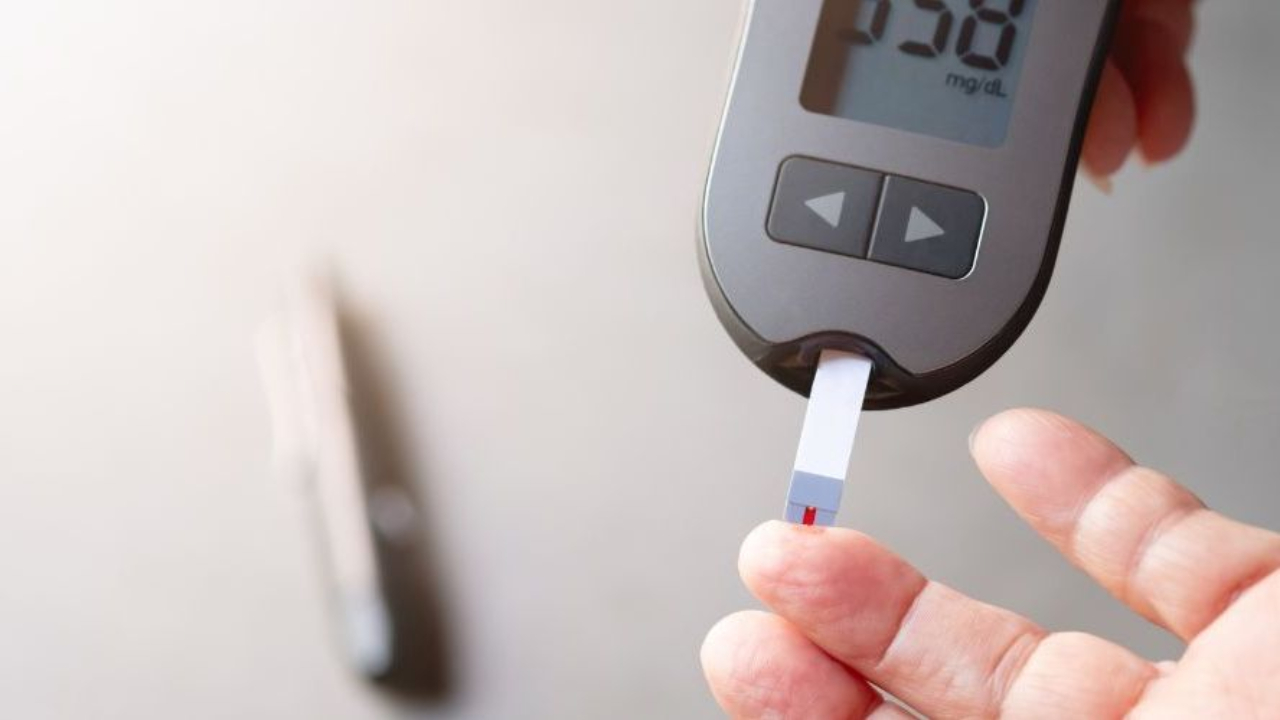Insulin Resistance Causes and Treatment
Mar 25, 2025
Just what is insulin resistance?
- Insulin is a hormone created by your pancreas that controls the amount of glucose in your bloodstream at any given moment.
- Insulin resistance is identified as an impaired biologic response to insulin stimulation of target tissues.
- The three primary sites of insulin resistance are:
- Muscle Tissue
- Liver
- Adipose Tissue
Several factors and conditions can cause varying degrees of insulin resistance. Acquired causes, meaning you're not born with the cause, of insulin resistance include:
Excess Body Fat:
- Obesity, especially excess fat in your belly and around your organs (visceral fat), is a primary cause of insulin resistance.
- Waist measurements of 40 inches or more for males and 35 inches or more for females.
- Contribute to long-term inflammation in your body, which plays a role in insulin resistance.
Physical Inactivity:
- Physical activity makes your body more sensitive to insulin and builds muscle that can absorb blood glucose. A lack of physical activity can have opposite effects and cause insulin resistance
Diet:
- A diet of highly processed, high-carbohydrate foods and saturated fats has been linked to insulin resistance. Your body digest shighly processed, high carbohydrate foods very quickly, which causes your blood sugar to spike. This puts extra stress on your pancreas to produce a lot of insulin, which, over time, can lead to insulin resistance.
Certain Medications:
- Certain medications can cause insulin resistance, including steroids, some blood pressure medications, certain HIV treatments, and some psychiatric medications.
Insulin resistance can affect anyone - you don't have to have diabetes - and it can be temporary or chronic. The two main factors that seem to contribute to insulin resistance are excess body fat, especially around the belly, and lack of physical activity.
The best way to measure the prevalence of insulin resistance is through the number of prediabetes cases. More than 84 million adults in the United States have prediabetes. That's about 1 out of every 3 adults.
Certain genetic and lifestyle risk factors make it more likely that you'll develop insulin resistance. Risk factors include:
- Overweight or obesity, especially excess fat around your belly
- Being age 45 or older
- A first-degree relative (parent or sibling) with diabetes
- Having a sedentary lifestyle
- Certain health conditions, such as high blood pressure and abnormal cholesterol levels
- A history of gestational diabetes
- A history of heart disease or stroke
- Having a sleeping disorder, such as sleep apnea
- Smoking
There is no single test that can diagnose insulin resistance. Your healthcare provider will consider several factors when assessing insulin resistance, including your:
- Medical history
- Family history
- Physical exam
- Signs and symptoms
- Test results
- Glucose: A fasting plasma glucose (FPG) or a glucose tolerance test (GTT)
- Glycated hemoglobin A1c: This test reveals your average blood glucose levels over the past three months
- Lipid panel: This is a group of tests that measure specific lipids in your blood, such as total cholesterol, LDL cholesterol, HDL cholesterol and triglycerides
Lifestyle modifications are the primary treatment for insulin resistance:
- Eating a healthy diet
- Physical activity
- Losing excess weight
Over time, these lifestyle modifications can reduce insulin resistance:
- Lower your blood glucose levels
- Decrease blood pressure
- Decrease triglyceride and LDL ("bad") cholesterol levels
- Raise HDL ("good") cholesterol levels
The Shift Set Go plan that I offer is nutritionally balanced specifically to allow the body to metabolically improve insulin resistance.
If you want to learn more about Shift Set Go, reach out to me by setting up a FREE consultation and I will tell you all about it, and how it might be a good fit for you.
I know what it's like to be sick and tired of feeling sick and tired every day of your life. I know what it's like to follow diet after diet and not make progress. I know what it's like to wish that someone would just show you the way. I know that it's hard to get a hold of your health. I have been there and my goal with the Lean6 Transformation Program is to help you finally get the results that you not only want, but also deserve. You deserve to be happy & healthy and live a life where you get to do all the things that you love to do. Let me help you do that!
Reach out to me and lets get started.
Click the button below and find out more about the
Lean6 Transformation Program.

